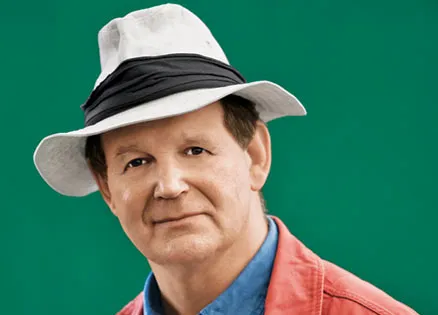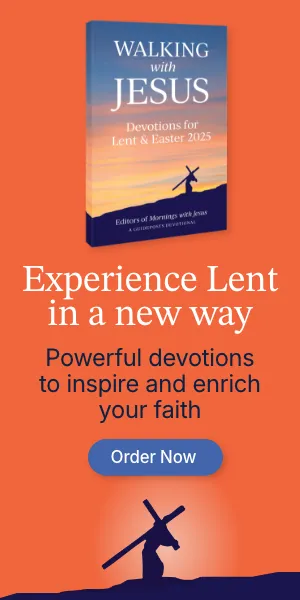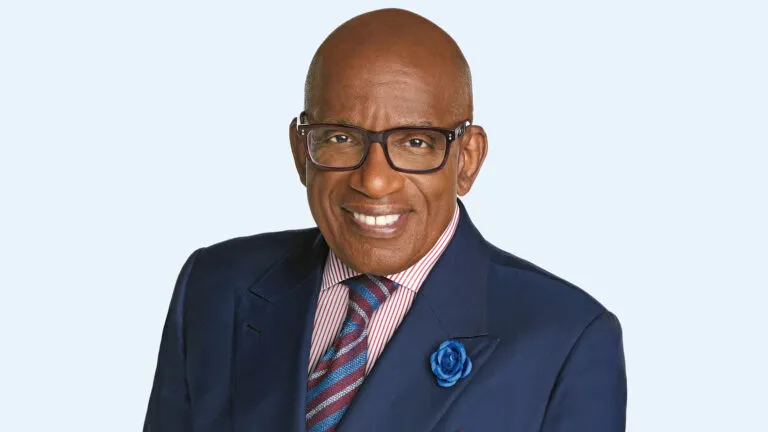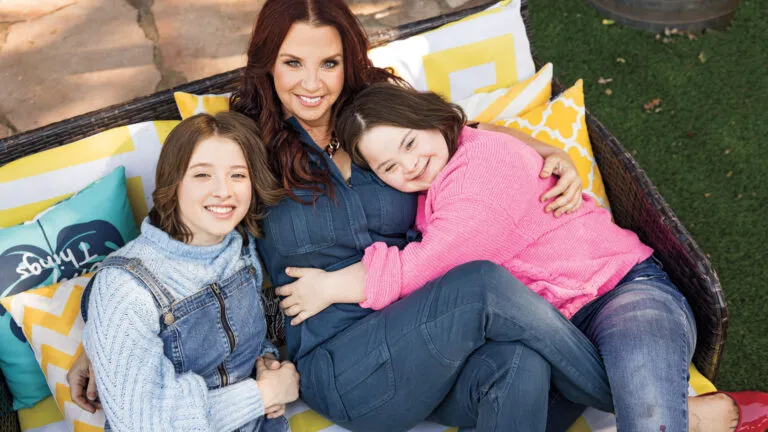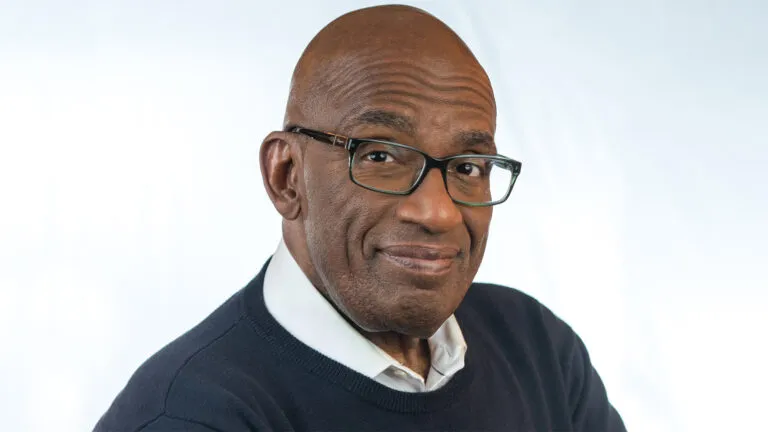This year has truly been an extraordinary one for me as a writer. I’ve seen my novel, War Horse, become a hit play in the U.K. and on Broadway, and now the acclaimed director Steven Spielberg has brought the story to life on the silver screen.
Rather surprising for a book I wrote 30 years ago, a book I never would have written if it hadn’t been for a chance meeting with a World War I veteran and then a miraculous conversation I overheard one evening.
The story begins, as the novel itself does, in Devon, England.
In 1975 my wife, Clare, and I moved to the tiny village of Iddesleigh, about 200 miles west of London. Clare and I left our jobs as teachers and bought an old Victorian manor house and a few acres of farmland just outside of town.
We had a dream of establishing a farm where children from the cities could spend a week out in the country. They would get a chance to milk the cows and clean the dairy, herd the sheep, care for the horses, collect the eggs and feed the pigs.
We believed the experience would help the children learn how their hard work could make a difference, building their confidence and self-esteem.
We called our program, simply enough, Farms for City Children. Primary-school students ages eight to 12 came to the farm for a week and stayed in the manor house.
Clare had grown up around farms. I, however, was raised in the city and had never made hay or mucked a cowshed in my life. I learned right along with the children from the farmhands.
By far my favorite animals were the horses. To me they were the most beautiful and gentle creatures, and they were truly wonderful with the children.
Farms for City Children was a great success. We received busloads of 36 to 40 students nearly every week of the school year.
Despite how busy we were, this new life in the country allowed me to spend more time writing. After three years, I had published four books for children, which sold well enough for my publisher to ask for another.
One late November day I was waiting for a bus of primary school farmhands to arrive from the industrial city of Birmingham. But my mind was on a conversation I’d had earlier in the year. I felt moved to write about it, but I didn’t quite know how.
It was summer and I was eating a late lunch at the village pub when I spotted an elderly gentleman sitting alone at a table by the fireplace.
I recognized him as one of the three World War I veterans who lived in the village. I bought him a pint and took it over to his table.
“I heard you were in the First World War,” I said, offering him the pint and sitting across from him.
“Well, you heard right,” he said. “I went when I was seventeen. It was the first time I ever left home.”
He talked about how hard it was to be so far from home, and how it was to live in the mud of the trenches on the Western Front.
“But at least I was there with horses,” he said.
Horses? I had to know more.
The old man invited me back to his cottage, where he showed me mementos from his time in the cavalry. He spoke at length about his horse. At one moment, his eyes filled with tears.
“You know,” he said, “my horse was really my only friend over there. I talked to him.”
“What do you mean?” I asked.
“At night I would head alone over to the horse lines to feed them. When I got to my horse, I would tell him all of my troubles and fears.
“The other soldiers were as terrified as I was. So there was no way I could tell them how frightened I was, how much I missed home. The only person I could talk to was my horse.”
He called his horse a person. They were that close.
Later I spoke to the two other veterans in the village. They too had been close to the horses they rode into battle. I did some research and visited the Imperial War Museum in London.
There, I discovered that a million horses were sent to war from England’s shores, and only 65,000 came back. Like the soldiers, they died of exhaustion, drowned, were torn to bits by barbed wire or were shot and killed by machine guns.
To me these animals symbolized all the innocent victims of warfare.
This was the story I wanted to write—one that took no sides on a war, but showed its horrifying effects on those caught in the middle.
How could I tell the story from an unbiased perspective? I couldn’t use a British soldier or a German soldier to give the reader a neutral viewpoint.
The school bus driving up the narrow dirt road interrupted my thoughts. The bus stopped at the entrance to the manor.
I walked up to greet the children and their teachers. Each kid emerged wide-eyed. To them, the lush, open fields of the farm were like a different world, a dream world.
“The children are so excited to be here,” one of the teachers told me. “But I have to warn you. You see that boy…” she lowered her voice and motioned toward the young boy stepping off the bus, “…please don’t ask him questions directly. He’s been in our school for two years and hasn’t said a word.”
“Not one word? In two years?” I said.
The teacher explained that he had a severe stutter that caused him great anxiety and made him painfully shy.
“If anyone tries to make him speak, he panics,” she continued. “Please don’t put him on the spot, otherwise he just might run all the way back to Birmingham.”
I made sure not to single the boy out. But I kept my eye on him.
Over the course of the week, the children milked the cows, herded the sheep, mucked out the shed and collected eggs from the chicken coop.
The boy participated enthusiastically whenever he was with the animals, though he remained silent. I could only hope the week somehow was helping him.
The last night of the children’s stay, I was headed to the manor house to read them a story around the fire when I noticed a light on in the stable yard.
Had someone forgotten to turn it off? No, somebody was there. I took a few steps closer, then stopped.
It was the boy who wouldn’t talk. He was standing there in only his nightclothes and slippers. A horse was at the door of the stable, her head leaning out. The boy was gently stroking the horse’s nose.
“Today we milked the cows in the morning,” the boy said, clearly, crisply, with not a hint of a stutter, “and we fed the chickens. One of them laid a huge egg and I found it. I picked it up. It was still warm.
“We’ll be going home tomorrow, so I won’t be here to talk to you again, but I will always remember you. Promise.”
I ran through the vegetable garden to the back door of the house and found the teachers. “You’ve got to come, quickly,” I told them.
I led them to the stable yard. The boy was still there, stroking the horse behind the ears, talking as naturally as anyone else.
The teachers and I stood silently in the shadow of the barn, watching the boy and the horse under the stable light. The horse never whinnied, never backed away. She stood there, staring into the boy’s eyes.
She couldn’t possibly understand what he was saying, but she seemed to know how important it was for her to stay there, listening to his every word.
I thought about what the old veteran had told me about confiding in his horse. This boy was talking to this horse in the very same way.
In that moment, I finally began to understand how powerful the connection is between man and animal.
And I knew the perspective my story had to take. This had to be a story told by a war horse, listening to the hopes and fears of the people who cared for him, and serving as a silent witness to the war around him.
War Horse was born.
Nearly 30 years later London’s National Theatre was looking for a story to adapt for the stage, one that could put to use the phenomenal lifelike puppets created by a company in South Africa they’d partnered with.
I’m not certain how the book came to their attention, but I get the sense that it wasn’t merely by chance.
Man or animal, we all have a place in the whole patchwork of creation. It’s only rarely, where our lives intersect, whether it be at war or in a country pub or beneath a dim stable light, that we can see and understand how important we are to one another.
Download your FREE ebook, True Inspirational Stories: 9 Real Life Stories of Hope & Faith.
